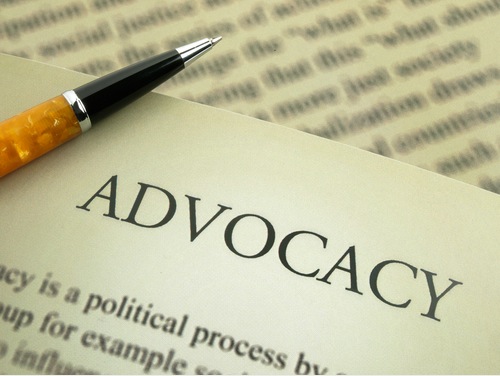Every day brings another chance to thank all those who are making a different kind of future possible for adults with autism and other developmental disabilities. But like autism itself, our challenges our great, and the solutions are complex.
We’ve recently been engaged addressing a position in which well-meaning individuals are advocating against group homes out of fear that they could be isolating and subject to abuse. We understand, but that ignores the many caring, successful group homes that are one of many options we must make available. We have the right to choose where we live. Our adult children with autism deserve that same opportunity. We must embrace a vision which includes choice, options, flexibility, and collaboration.
As we have visited prototype communities across the country, we’ve met residents enjoying community settings that provide larger, more integrated housing and services. Others are thriving in rural housing communities. Others, like residents we visited in the more than 20 group homes Mikki Edelsohn helped build in Delaware, have truly found “Homes for Life” (the perfect name for her extraordinary Foundation).
Group homes are one solution. Community settings that offer greater social choice options and economies of scale are another. And there are other models being developed that hold great promise. We need them all.
Madison House is now sharing our expertise through free consulting to help local groups organize to develop their own solutions. Please help us continue this critical service. We cannot solve the housing crisis alone, but immediate action needs to be taken in light of these compelling figures (2013):
- 5 million people have autism or other intellectual and developmental disabilities (I/DDs), but residential placements housing are only available for 613,000
- Current data shows that there are still more than 200,000 individuals younger than 65 in nursing homes—almost 16 percent of the total nursing home population.
- Almost 900,000 people with I/DDs are currently living with family caregivers over the age of 60.
We need options, we need choice, innovation, flexibility, and sharing of best ideas. Like Mikki says, “Its time we all got under the same tent. Every parent’s nightmare is the same – what’s going to happen to my child when I die?”
We thank each of you for your past and ongoing support. Your gift is making a future possible.


 Behind the Scenes at MHAF: Our New Offices!
Behind the Scenes at MHAF: Our New Offices!



Please forward any helpful info. Patient involved 25 year old male adult.
Hello Karren,
What state are you located in? Also, what information would be most useful to you? Thank you!
Shannon